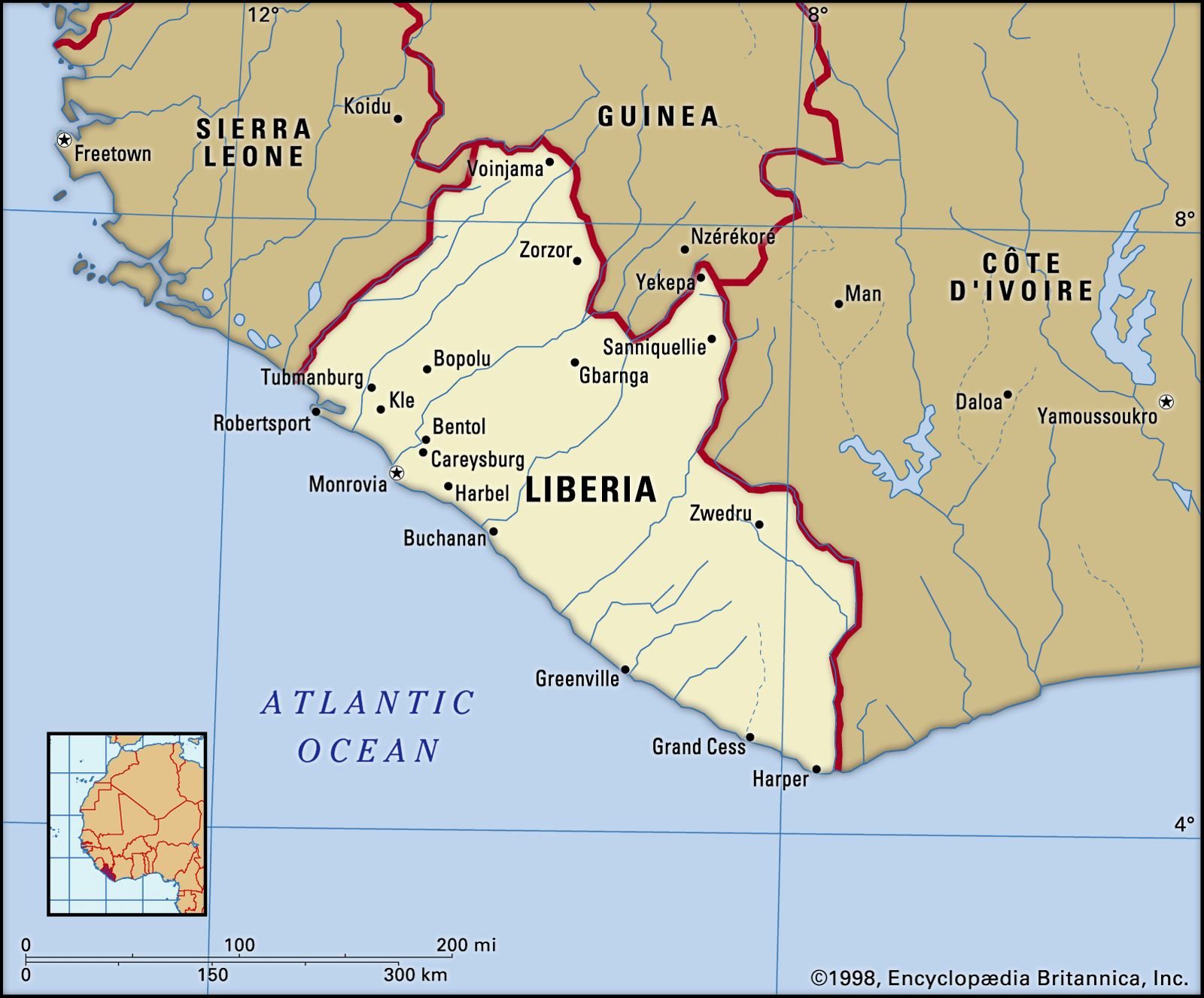Liberia
Why Liberia?
Access to regional markets - Liberia has access to over 335 million consumers through the Economic Community of West African States (ECOWAS). As a founding member of the Mano River Union and ECOWAS, Liberia is well-positioned with access to these markets.
International markets - Liberia receives preferential treatment under the EU’s Everything But Arms (EBA) initiative. EBA grants duty-free, and in most cases quota free, access to the EU market. Liberia receives preferential treatment under the African Growth and Opportunity Act (AGOA), which offers preferential access to the US market, available outside the free trade agreements. Liberia also has a Trade and Investment Framework Agreement with the United States.

Tax Regime – Liberia has a supportive tax regime. New investments go through a simple approval process and can get tax free status, including on imported equipment and raw materials. The normal income tax rate is 25% on profits; there are no capital controls, so any capital brought into Liberia can easily be expatriated and; agri-processing and manufacturing investors are fast tracked through Government services and facilitated with access to investment promotion. Investments in economically deprived zones qualify for additional incentives of up to 12.5% and investments generating more than 100 direct jobs also qualify for an additional 10% in incentives.
Minimum Restriction on Repatriation of Profits and No Currency Exchange Restrictions - Section 11 of the Investment Act of 2010 strengthens investment protection by ensuring the ability of investors to repatriate capital and profits. These may include profits and dividends (net of taxes), remittance of moneys (net of taxes) in the event of the sale or liquidation of the business, repayments of loans acquired from foreign banks, etc.
Young population – Liberia has a young population with the current median age being 17.8 years, according to World Population Review 2021.